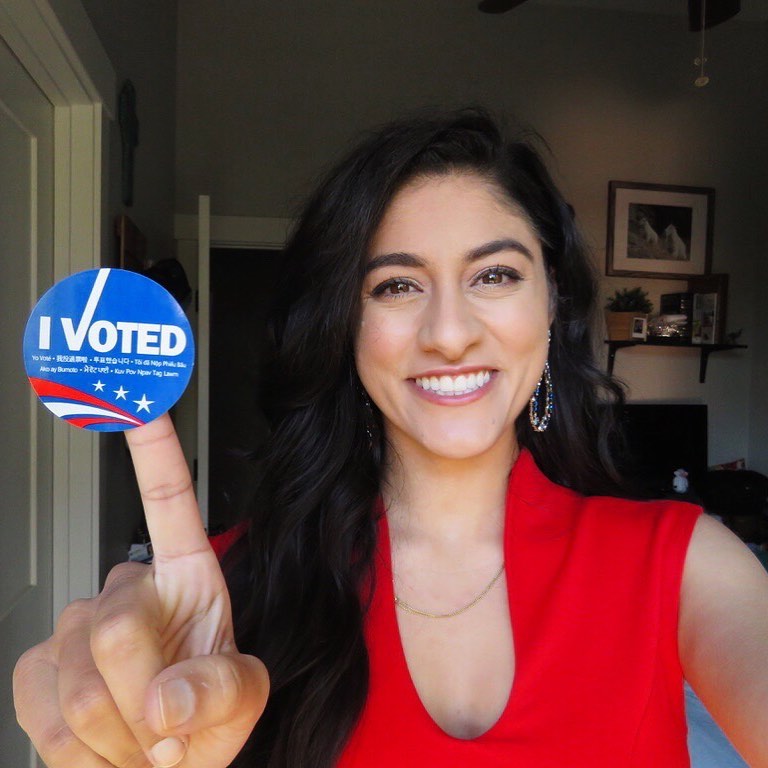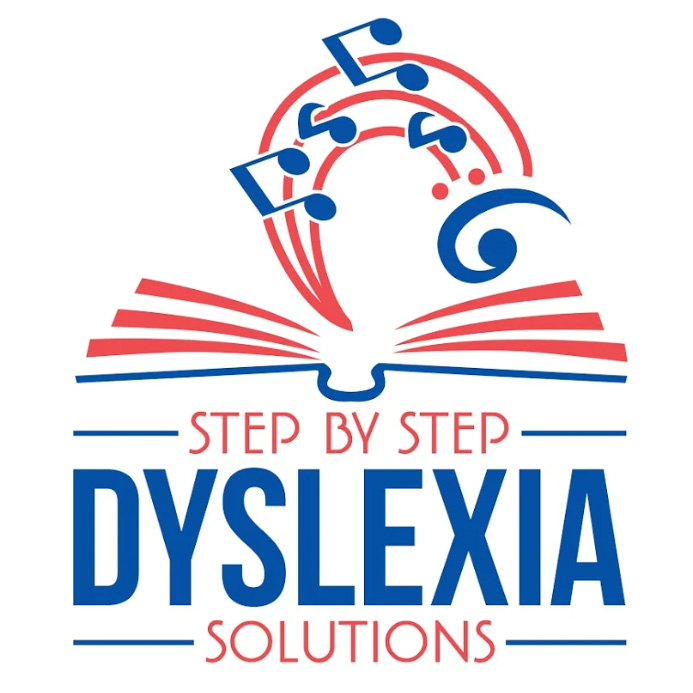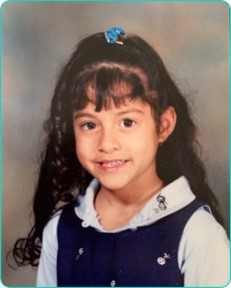How Does Dyslexia Affect a Child’s Social Development?
People with dyslexia know that it is a learning difference where one has to remediate deficits in reading and writing. However, did you know that children or adults with dyslexia may also have issues interacting with their peers or colleagues? Today, I will discuss how people with dyslexia can break this barrier and become outgoing individuals.
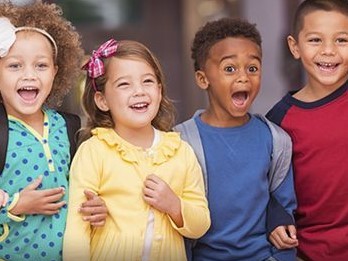
Communication is crucial for anyone who wants to succeed not just professionally but personally, as well. A dyslexic person tends to be shy and be reluctant to open up to others. This can be the case whether or not the person has experienced verbal abuse from families, because peers, and sometimes teachers, can humiliate these children. The pain may so away but the memories of ridicule and abuse don’t. Adult dyslexic people will share past humiliations, say they are glad there are people like “me” out there to help kids now, and announce that they were and still are shy today.
Do you help a Dyslexic Chid Sound out Words?
First of all, if you have a young child, read to her. Then share read, where you read, and she reads. Then when she read alone, help her out with difficult words. She is safer in your presence than being asked to read in front of a group of kids. Feeling safe with you is crucial to a child’s reading development.
This also develops ease in speaking. Develop vocabulary by explaining the meaning of new words encountered in her reading. Dr. Nadine reports that “By kinder, 10,000 words are learned. By fifth grade, 60,000 words are learned. Children should be learning 250 new words per week. Children in the 90% range will read in 3 days what children with learning disabilities will read in a year!
Being a parent of a dyslexic child, did you know that you can also help your child accelerate reading by using accompanying music?
Should you use Acronyms and Fake Words?
Secondly, while texting is a common way to reach out to friends, using acronyms like “lol” (laugh out loud) or “btw” (by the way) can confuse and frustrate a person who isn’t used to using such abbreviations themselves. If that person is confused about such acronyms, they should talk to someone close to them and ask what these text abbreviations mean. Acronyms used to teach reading are ok. For example, FLOSS words are words ending with double ff, ll, ss.
And explain that “fake words” you may see on display, like “Skool, Toys (backward R) Us, and Dunkin Donuts” are not correct spelling? They are used to imprint a picture in the brain so you will purchase the projects. (School, Toys Are Us, and Dunking Doughnuts are the correct spellings).
Do Dyslexic Children Understand Body Language?
Thirdly, non-verbal communication skills can be a problem for a dyslexic person. For instance, in today’s society, people know how to read body language. To a dyslexic student or adult, this could be a hindrance. To help the person with this roadblock, have him watch a movie and ask him what he thinks the character’s body language is suggesting. Correct him If he’s wrong. Also, for an older student, teach gestures to greet someone. Learning to shake hands is a great way students can connect with their middle or high school teachers, as well as prepare them for future job interviews. We did this in middle school and high school when I taught that age for four and a half years. Teachers and students enjoy this ability to connect and it brings the student out of their discomfort zone.
Having dyslexia can make a person feel alienated from other people. Self-esteem takes a huge hit and this makes them feel stupid or dumb. This is why we want to address it in the K-3 years. But dyslexic people are not stupid and dumb. They are very gifted, bright, and creative people. Mindy VanZuiden is an example of a dyslexic gal, became a PE teacher, and now teaches and advocates for dyslexic children.
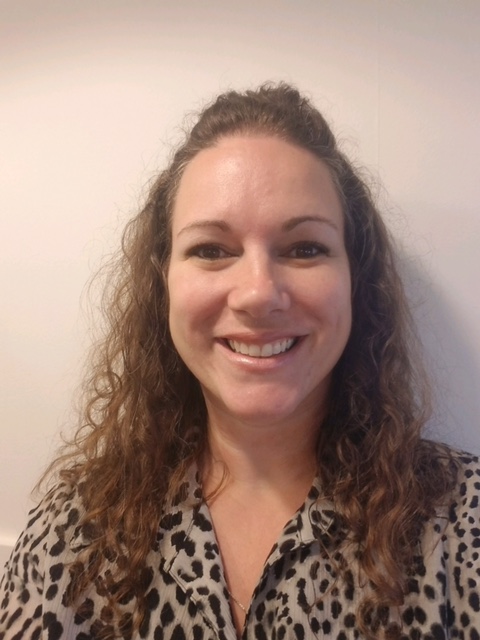
Reading challenges shouldn’t define who they are. And they can overcome their reading challenges with proper assessment and intervention. When a student or adult follows the correct steps to overcome social anxiety, they can successfully develop social skills as well.
Please reach out to us If you need to discuss more ways to help your child or even help you overcome your shyness, due to your dyslexia. Listen to an interview with Cristina Bequer, our current Miss California contestant, and how she overcame her shyness from dyslexia and is competing for a very popular title while advocating for dyslexic children as she speaks in schools. You can also find more information on Amy Noel’s YouTube channel.
